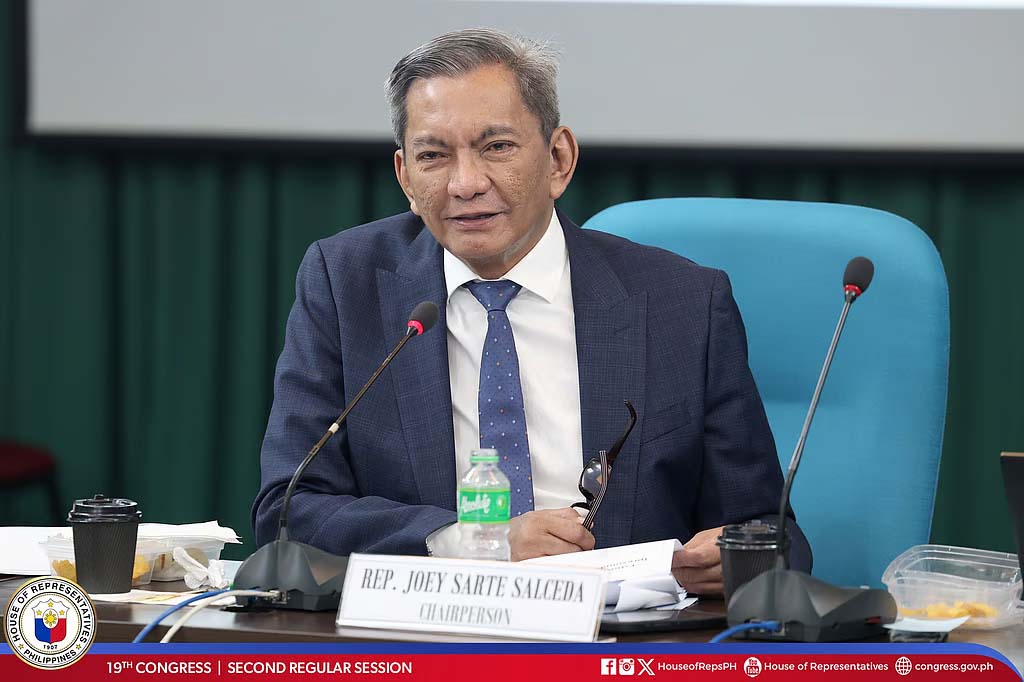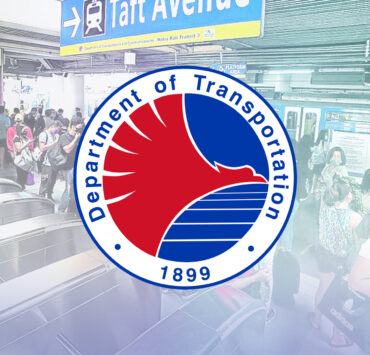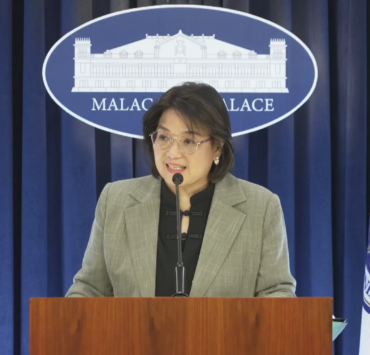Lawmaker: Business, power costs the real hurdles

The biggest hindrance to Philippine competitiveness is “not tariff rates, but power cost and the cost of doing business,” a lawmaker said on Friday following the US announcement of new tariffs on several countries, including the Philippines.
In a statement, economist turned lawmaker Albay Rep. Joey Salceda said the Philippines should focus on “fortify(ing) our own house as much as we can” instead of our pulling hair over the new tariffs imposed by US President Donald Trump.
“Sovereign countries can do as they please with their trade policy. I’m frankly surprised the tariffs rates imposed on us turned out lower than I expected. Among our competitors, the Philippines was imposed relatively lower retaliatory tariffs, so there are, possibly, some opportunities to explore,” Salceda said.
Nevertheless, he admitted that he “didn’t understand the geopolitical logic” of imposing crippling tariffs on Vietnam, a US-friendly country, compared to China, its main adversary.
“I have long given up trying. We just have to fortify our own house as much as we can,” he added. “We need to continue making strides in this area. The incentives under the CREATE MORE Act, especially the increased power cost deduction, help address these issues.”
He challenged the Department of Trade and Industry to come up with a “comprehensive strategy to deal with potential disruptions in our economy, mainly in the labor intensive textile and footwear sector.”
“‘Ayuda,’ job retraining and unemployment assistance should also be ready if there are job losses in these sectors,” he added.
The new rates, which take effect on April 9 as part of his sweeping “Liberation Day” tariff policies, will see Philippine exports slapped with 17 percent duties.
Higher tariffs are likewise imposed on most of key Southeast Asian neighbors: Vietnam at 46 percent, Thailand at 36 percent, Indonesia at 32 percent and Malaysia at 24 percent and Cambodia at 49 percent.
End of liberalization
Only Singapore will remain at the 10-percent “baseline” tariff cited by Mr. Trump, who spoke of an urgent need to “strengthen the international economic position of the United States and protect American workers.”
Trump claimed the decision would “make America wealthy again” but which economists warn could make prices even higher for Americans.
But in other parts of the world, countries slapped with heavy tariffs warned of a trade war with the United States as Trump’s tariffs fed expectations for a global downturn and sharp price hikes.
The penalties announced by Trump on Wednesday triggered a plunge in financial markets and drew condemnation from other leaders reckoning with the end of a decades-long era of trade liberalization.
In Japan, one of United States’ top trading partners, Prime Minister Shigeru Ishiba said that the tariffs had created a “national crisis” as a plunge in banking shares on Friday set Tokyo’s stock market on course for its worst week in years.
Investment bank JP Morgan said it now sees a 60 percent chance of the global economy entering recession by year end, up from 40 percent previously.
But there were conflicting messages from the White House about whether the tariffs were meant to be permanent or were a tactic to win concessions, with Trump saying they “give us great power to negotiate.” —WITH A REPORT FROM REUTERS

















